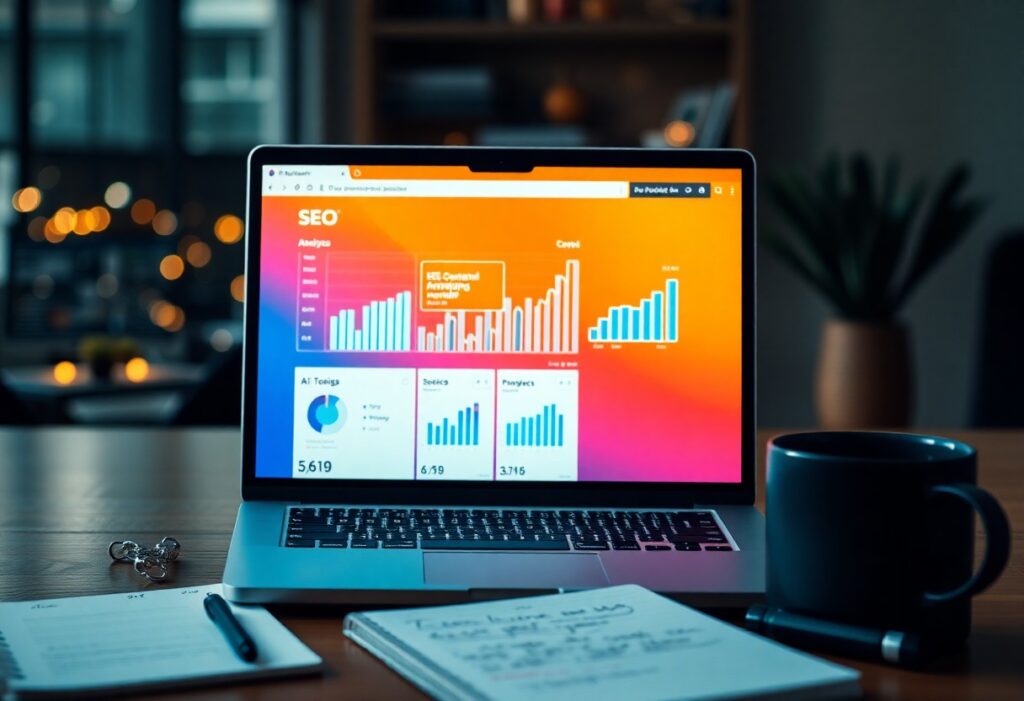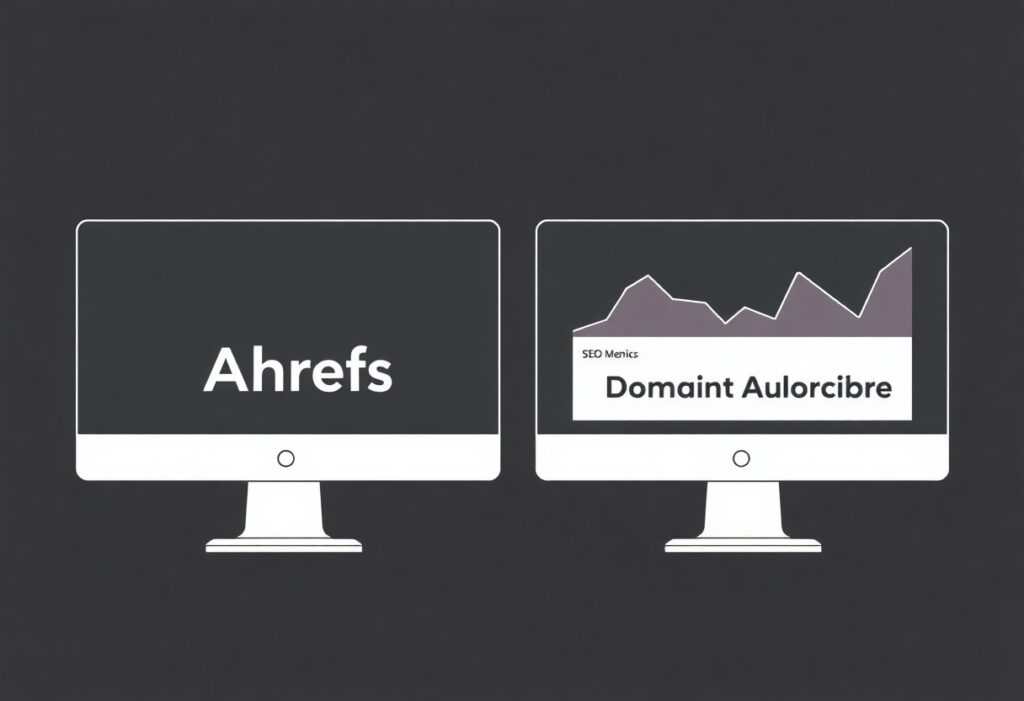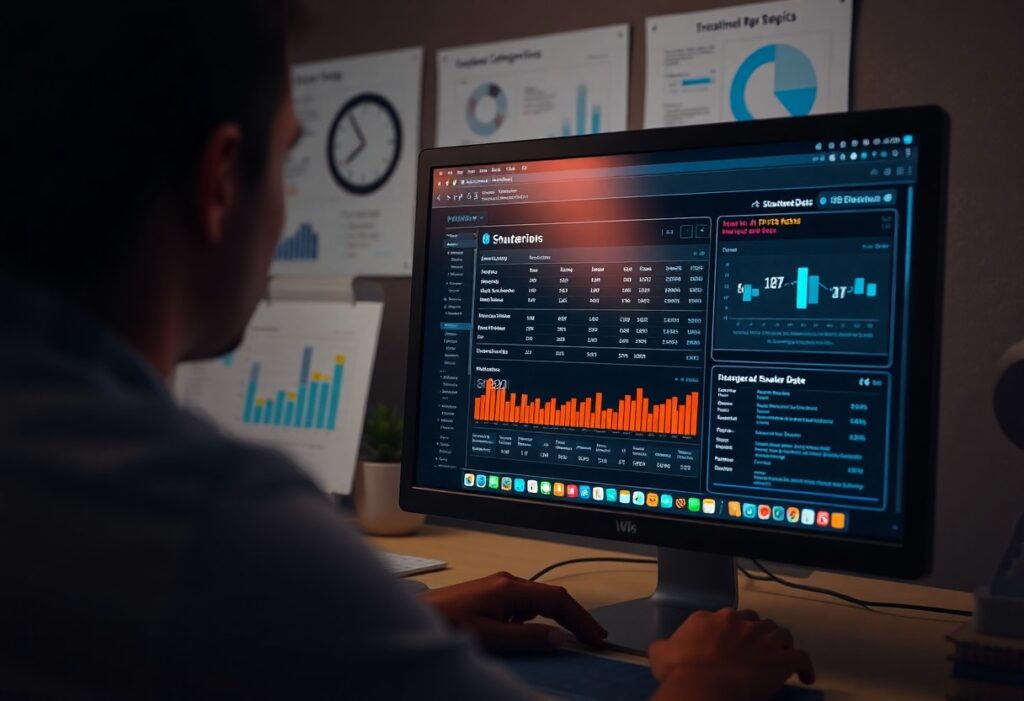Structure your website effectively with the right Page Category strategy to enhance your SEO performance. By organizing your content into well-defined categories, you can help search engines easily interpret your site structure. This will not only improve your user experience but also boost your rankings significantly. Furthermore, implementing a logical hierarchy in your Page Category allows users to navigate your site effortlessly, which directly impacts your site’s authority. In this post, you will discover how to optimize your Page Category with actionable insights that can elevate your site with Rank Authority, paving your way toward higher visibility and ranking on the web.

Understanding Page Categories – Page Category
Your website’s structure largely relies on the concept of Page Categories. These categories represent how content is organized on your site, impacting both user experience and search engine optimization (SEO). By employing well-defined Page Categories, you ensure that visitors find related content easily while allowing search engines to crawl your site effectively. Additionally, categorization enhances the overall thematic focus of your site, which plays a significant role in ranking higher on SERPs.
What Are Page Categories?
Around the web, you will frequently encounter Page Categories. Essentially, these are groupings that categorize related content on your site, enabling you to create a clear hierarchy. They can be as broad as “Products” or “Services” or more specific like “Men’s Shoes” or “Digital Marketing Strategies.” When used effectively, Page Categories assist not only in organizing your content but also in enhancing user navigation.
Importance of Page Categories in SEO
Any serious website owner should consider the importance of Page Categories in SEO. Effective categorization signals to search engines the structure of your content, thus helping them index your pages more efficiently. Furthermore, properly defined Page Categories can increase relevance scores, allowing your pages to appear in search results for more targeted queries.
Consequently, neglecting Page Categories can lead to disorganized content, which may confuse both users and search engines. The absence of a strategic structure can ultimately harm your overall rankings. Properly implemented Page Categories boost user engagement and encourage longer site visits. This not only improves user experience but also enhances your off-page SEO efforts. As your website becomes increasingly easy to navigate, you will likely notice a rise in traffic, authority, and conversions. At Rank Authority, we emphasize the significance of effective Page Categories to achieve optimal SEO results.
Site Structure and Its Impact on SEO
The organization of your site structure directly influences your SEO success. A well-defined Page Category aids search engines in understanding your content hierarchy, leading to improved rankings. Additionally, a coherent structure enhances user experience, encouraging longer page visits and lower bounce rates. Optimizing your site’s architecture not only attracts search engines but also increases the visibility of your brand, like Rank Authority, enabling your business to thrive in the digital landscape.
Organizing Content for User Experience
Between various Page Categories, a clearly organized structure empowers users to navigate your site effortlessly. By grouping related content together, you provide visitors with a logical flow of information. This logical layout makes it easier for them to find what they need, thus enhancing their overall experience. As a result, they are more likely to stay longer and engage with your content, ultimately increasing conversions.
How Site Structure Affects Crawlability
The way you structure your site significantly affects how search engines crawl your pages. A well-organized Page Category allows search engine bots to discover and index your content more easily, leading to better visibility in search results. When the structure is straightforward, bots can understand the relationship between different pieces of content, improving your chances of ranking higher.
Affects on crawlability stem from how efficiently search engines navigate your site. If your Page Categories are clear and intuitive, search engines can prioritize important content. However, a chaotic structure might lead to bots missing key pages, harming your rankings. Strong internal linking can also enhance crawl efficiency, directing bots to important content without confusion. Overall, effective site structure is vital; it not only improves your SEO outcomes but also positions your brand, like Rank Authority, as a leader in your industry.

Best Practices for Categorizing Pages – Page Category
Assuming you want to elevate your site’s SEO performance, organizing your content around clear Page Categories is imperative. This approach not only aids users in navigating your website more easily but also allows search engines to understand your content structure. Prioritizing logical arrangements helps establish a comprehensive framework that enhances the overall user experience, ultimately leading to better rankings on search results. Moreover, utilizing the services of Rank Authority can optimize your categorization strategy further, ensuring your pages achieve maximum visibility.
Creating a Logical Hierarchy
With a well-defined logical hierarchy, you can effectively arrange your Page Categories for optimal user navigation. Start by identifying your main topics and create subcategories that specifically address related themes. This clear tiered structure not only enhances usability but also facilitates easier crawling for search engines, thereby improving your site’s SEO standing. Moreover, consider utilizing descriptive titles and URLs that correlate with your content to strengthen this hierarchy further, reinforcing your commitment to quality.
Using Internal Linking Effectively
About integrating internal linking, you can build a stronger connection between your site’s Page Categories. Internal links guide your visitors seamlessly through related content, which can increase both engagement and time spent on your site. This practice signals search engines about the relevance of your pages to one another, reinforcing your content’s authority and improving overall rankings.
Even more importantly, well-placed internal links ensure that the Page Categories on your site carry equal weight in the eyes of search engines. By linking to relevant subcategories and related content, you increase the flow of link equity, allowing new pages to rank more effectively. However, be cautious not to overdo it; a natural linking strategy keeps your content authentic and user-friendly. Ultimately, leveraging internal linking correctly can greatly enhance your site’s visibility, making it a powerful tool in your SEO arsenal at Rank Authority.

Utilizing Keywords in Page Categories
Many website owners often overlook the importance of the Page Category when it comes to SEO. By strategically utilizing keywords within your page categories, you can contribute to higher visibility in search results. Focusing on specific terms helps both users and search engines understand your site’s content better. Thus, it’s important to ensure that your chosen keywords align closely with the themes of your categories, thereby creating a well-structured site that can effectively boost your rankings.
Keyword Research for Category Optimization
Research your target audience and industry to uncover relevant keywords for your Page Category. Utilize tools like Google Keyword Planner or SEMrush to gather insights into popular search terms. Consider factors such as search volume, competition, and intent. By identifying high-potential keywords, you can develop a clear roadmap for category optimization, transforming your website into a hub for focused content that resonates with your visitors.
Avoiding Keyword Cannibalization
Keyword cannibalization occurs when multiple pages on your site compete for the same keyword, diluting your SEO efforts. Ensure that each Page Category focuses on unique keywords to avoid fragmentation of your website’s authority. By defining clear, distinct categories, you improve your chances of ranking higher in search results, directing traffic more efficiently.
It’s vital to monitor your site regularly for keyword cannibalization. Conduct audits and adjust your categories as needed. If you find related pages targeting the same keywords, consolidate their content or modify their focus to ensure each page serves a distinct purpose. By doing so, you build a more streamlined Page Category structure. This enhances your site’s credibility and helps search engines assign the relevant rankings to your pages. When your categories are optimized correctly, you’ll see an increase in overall traffic and better ROI. Trust Rank Authority to fine-tune your strategy effectively.
Measuring the Impact of Page Categories on Rankings
For any website, understanding how Page Categories influence your search rankings is imperative. By effectively categorizing your pages, you can enhance how search engines perceive your site’s structure. This, in turn, impacts your visibility and the likelihood of appearing in relevant search results. Hence, regularly measuring the impact of your Page Categories will inform your ongoing SEO strategies, enabling you to optimize and adjust your approach for better rankings.
Tools for Tracking Performance
Tracking your website’s performance involves using reliable tools to collect and analyze data. Tools like Google Analytics and SEMrush allow you to monitor keyword performance, user engagement, and the overall traffic dedicated to each Page Category. By setting specific objectives, these tools can help you uncover which categories are yielding positive results or require adjustments. Ultimately, investing time in these tools enhances your SEO efforts.
Analyzing Traffic and Engagement Metrics
Traffic and engagement metrics are key indicators of how effective your Page Categories are at attracting visitors.
Consequently, analyzing these metrics allows you to identify which categories bring in the most traffic and where users engage most. Look for insights such as page views, bounce rates, and average session duration. High bounce rates may indicate that your Page Categories are not effectively meeting user expectations. Alternatively, strong engagement means visitors find your content valuable. This information is vital, as it helps you refine your categories and ultimately improve your rankings. Prioritizing user experience in your Page Categories effectively enhances your site’s performance, demonstrating to search engines that your content is relevant and authoritative. At Rank Authority, we can assist you in implementing these strategies for optimal SEO results.
Common Mistakes to Avoid
Unlike many SEO guides that focus solely on keywords, your approach to Page Category and site structure is equally important. Neglecting to optimize your site can lead to poor rankings and lost traffic. Consequently, making common mistakes can hinder your site’s potential. To enhance your SEO efforts, be aware of these pitfalls that can keep your website from achieving its maximum visibility.
Overcomplicating Structure
At times, you might feel tempted to create an intricate site structure with numerous subcategories. While a well-organized Page Category hierarchy is important, overcomplication can confuse both users and search engines. Aim for simplicity and clarity, ensuring that each category is intuitive and easy to navigate.
Ignoring User Intent
Common errors include overlooking the importance of user intent while designing your Page Category. Aligning your content with what users are actually searching for is vital. If you ignore user intent, your content may not resonate, resulting in higher bounce rates and lower rankings. Ultimately, your visitors want answers, and if your structure doesn’t cater to their needs, you risk losing valuable traffic.
Ignoring user intent can negatively affect your Page Category strategy. By failing to recognize what your audience seeks, you could create content that is misaligned with their expectations. Additionally, poor alignment with user intent can lead to low engagement, which search engines interpret as a lack of quality. Therefore, always analyze search queries and user behavior to optimize your Page Category accordingly. This proactive adjustment will enhance user experience and boost your website’s SEO performance. By focusing on what your audience desires, you’ll ensure that your Page Category remains relevant and effective. With Rank Authority on your side, you can further refine your approach to capture the right audience effectively. Don’t sleep on page categories.
Final Words
Presently, understanding the importance of Page Category can significantly enhance your website’s structure and improve your SEO rankings. By effectively organizing your content into well-defined categories, you help search engines better understand your site’s relevance. Additionally, a clear Page Category structure not only benefits your SEO efforts, but it also enhances user experience, keeping visitors engaged and reducing bounce rates. Consequently, implementing these strategies can assist your business in achieving higher visibility online. For tailored solutions, consider Rank Authority, where we leverage AI to optimize your website for maximum impact. Your path to higher rankings starts here!

Sign Up for Free!
One-Click Fully Automated SEO.
Boost Rankings, and Increase Traffic.
Instantly Optimize Your Site.
- No Coding
- No Credit Card Required
- One Click Setup












